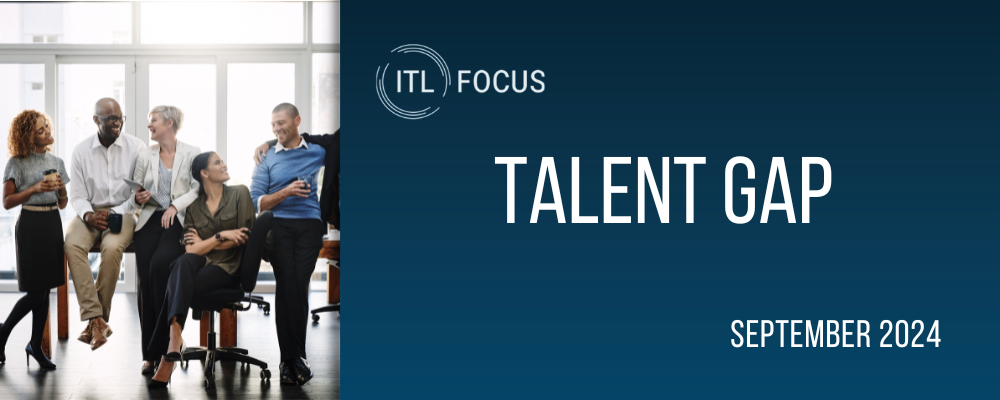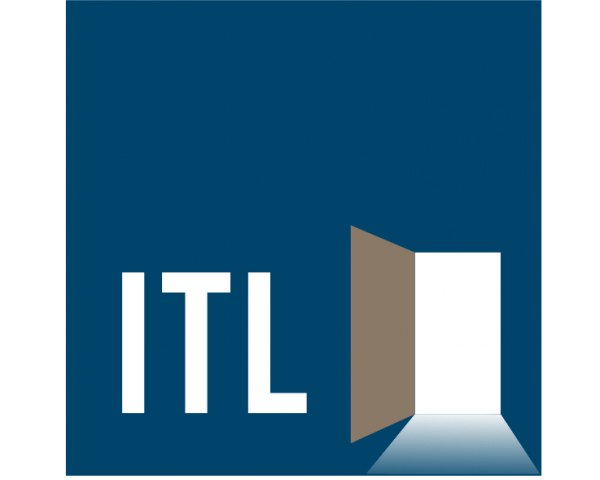A nephew of mine neatly embodies the talent issue facing the insurance industry.
After he earned an economics degree at William & Mary, his first job five years ago was at an insurtech, but he got bored, so he quit and became a professional gambler focused on sports. He earned more in his first year than the combined annual salaries of my younger brother (a longtime editor at the Wall Street Journal) and his mother (an adjuster with a major insurance company). In the first week of this year’s college football season, he earned more in a single day than he had in his first year with the insurtech. But the major books are shutting him down, because they can see how much money he’s taking from them, so he’s thinking he may look for a real job in the spring, after college football and basketball – his two favorite seasons – conclude.
I think a Wall Street firm is the logical landing spot for him, because he’s not only super-bright in a mathematical way and is a cold-blooded gambler but is a nearly scratch golfer and is very funny, so he’d be great with clients, but he’s certainly open to returning to insurance. My question: Let’s say some company in our insurance ecosystem is fortunate enough to land my nephew; how do you keep him interested after a year or two?
That’s the question that came up in this month’s interview with Bryan Falchuk, the CEO of the Property & Liability Resource Bureau and one of my gurus on all things insurance.
Bryan says many companies are actually doing better at recruiting talent—but are losing people after a year or two. He lays out a number of ideas on how to improve retention, including ponying up some money to bring people together so the old hands can nurture the new hires and using AI tools far more aggressively, to answer the sorts of questions that a newbie used to be able to address just by popping their head up over a cubicle wall and asking an experienced colleague. He also talks up the importance of collaboration, the subject of his most recent book.
I hope you find the interview as enlightening as I did.
Cheers,
Paul | 
